When my name was selected to go on an origin trip to Sumatra, I was feeling a mix of excitement, nervousness, and worry. I was worried mainly about leaving my 3 boys for such a long time, but after some reassurance from my husband I knew this was an experience I couldn’t pass up, so I said why not?!
Departing on the 31st October, I stopped off in London where I met the team that I would be travelling with; Hannah & Tom from DR Wakefield and Hannah from Yellow Bourbon (later in Singapore we would meet up with Kenneth from Panine Coffee & Tea). After two further flights we finally arrived in Medan in Sumatra. Despite the lack of sleep there was no better feeling than the hot air hitting us as we left the plane!
PT Sarimakmur
We were greeted first thing in the morning by Andry and his driver and we headed to their warehouse in Medan. PT Opal Coffee Indonesia is a part of PT SARIMAKMUR TUNGGAL MANDIRI business group, established in 1995. Their business has scope in Jakarta, Medan, Aceh, Bandar Lampung, Surabaya and Makassar. PT Sarimakmur Tunggal Mandiri are supported by their own coffee plantation which is called “Wahana Estate.” Not only do they have coffee plantations, but also vegetable plantations, which seems to be a common addition for a lot of Indonesian cooperatives.
We began the visit with a tour of the site followed by a cupping session in their lab where we tasted some great coffees from Wahana and other plantations. Once we were all well caffeinated, we resided to lunch in one of their 3 restaurants and had a feast that would set us up for the 5-hour car journey ahead to Wahana Estate!
Wahana Estate
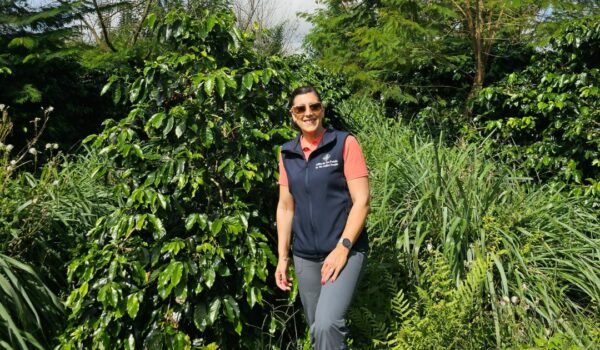
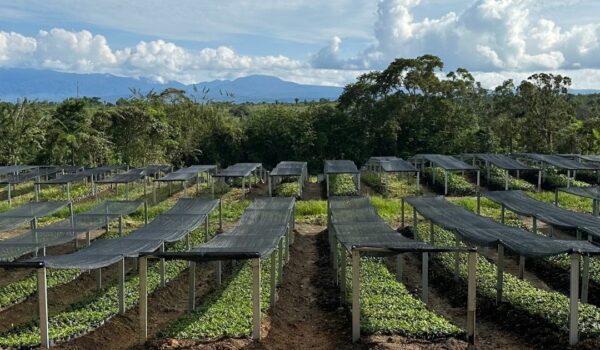
The next morning, after breakfast and a few cups of great coffee, we began our tour by visiting their nursery where we met some of the farmers and saw them planting coffee trees. We continued with a short drive around the estate and stopped off at some areas where the coffee trees were…and there were a lot of them! Wahana Estate consists of 250 hectres, 100 of these being coffee. In addition to their own estate, they work with 10,000 farmers locally.
Their main coffee varieties are Rasuna, Longberry & Peata. They also grow Laberica which are trees with a combination of Arabica & Robusta, giving the coffee a more fruity and floral taste. However, most of the coffee grown here is 100% Arabica. They only accept coffee cherries from farmers outside of the estate, as this allows them total control on how the how they are washed and processed. The farmers are paid 80% upfront and if they meet the quality standards, they are then paid the rest. On the estate they also have Leguminis & Lamtoro trees planted to help shelter the coffee trees to give off nitrogen, which is essential for coffee growth and development.
Once the touring was done, we again were greeted with another feast to indulge in before we started our 5-hour journey back to Medan.
Takengon & Permata Gayo
We were greeted by 3 young men on Saturday morning in what I can only describe as a party bus!! It was a 12-seater van with purple leather interior throughout, even on the roof!! They were to take us on our journey from Medan to Takengon which should have been a 10-hour journey, but once it got dark and weather conditions worsened this turned into over 12 hours with very rough and windy roads! Eventually we checked into our hotel and got an early night before our visit the next morning to Permata Gayo.
On arrival to Permata Gayo we were greeted by the owner Armia and his team with a very warm welcome of coffee and cake! Permata Gayo was established in March 2006 with 50 farmers in 5 villages. Today it consists of 2122 members with Organic, Fairtrade & Rainforest Alliance certification. They have 3 varieties of cherries – Tim Tim, Bourbon & Ateng Super and they supply between 2000 and 2500 metric tons per year in 60kg bags.
Once we were well informed of who they were and what they were about it was time to go and visit one of the farms. We were greeted by the farmer who took us on a short walk through his farm to see the coffee trees. Unfortunately, with barriers such as climate change, we couldn’t see many red cherries as it was too early for picking. We did see how the farmer washed and pulped the green cherries, leaving them then to be fermented before drying.
We then continued onto another farm to see more coffee trees but again these were just not ready yet for harvesting. The owner of this farm had a son who got married that day, so they invited us on a short drive to the village where a wedding was taking place. Never did I think that morning we would end up gate-crashing a wedding!!
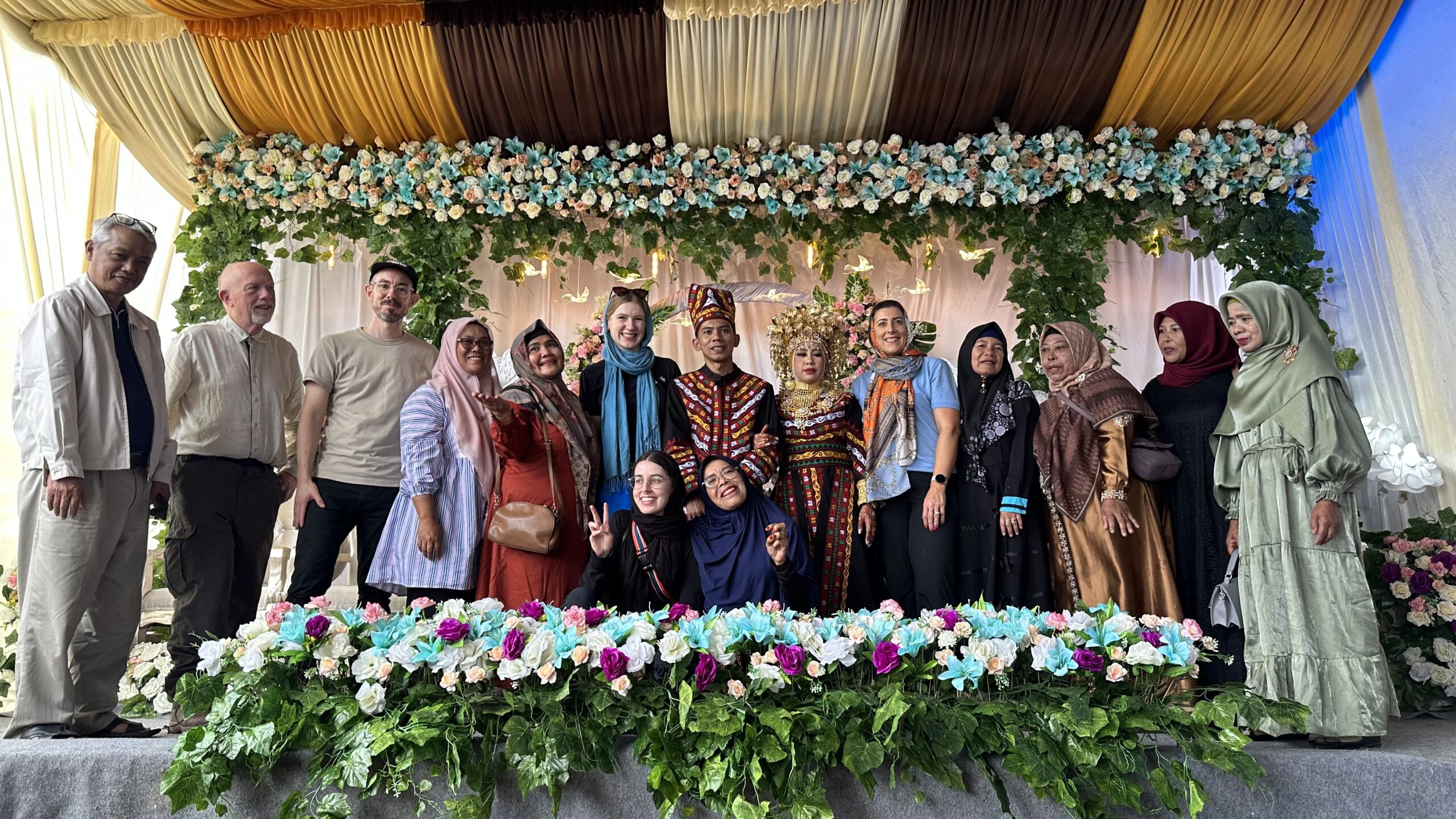
The next day we were picked up again and taken to another farm. Here we got to see where they dried the coffee beans and even witnessed a local farmer coming in with his coffee cherries to be weighed before getting paid. Cherries were ready for picking here and I even had a go at picking them myself!
Afterwards we met another local farmer who had his own small roaster and shop. There were 2 ladies manually sorting the beans and picking out any defects which consisted of cracked beans, twigs and other debris. We watched as the raw beans were put in the roaster and 15 minutes later, we all got a small bag of freshly roasted beans to take home!
We then headed back to Permata Gayo’s processing plant and drying mill. Once we had a walk around it was time for a cupping session in their lab. We tasted 6 blends of coffee from their farms along with 3 speciality coffees that Rama has been working on. The biggest thing that stood out to me was the colour of the green beans. They were a very blue colour which is down to the wet hulling process they use which seems to be unique to Sumatra.
Ketiara Co-Operative
We received a very warm welcome from Rahama, the lady who owns this cooperative, along with her husband and administration staff. Ketiara was established in 2009 and began to export in 2012 with a current number of 1,158 members. All coffee farms are located in Aceh Gayo highland and Ketiara only produces coffee from their own members farms. The total farm size is 986 hectres and they produce 768 tons of green beans. Productivity is 700-800kg per hectre. All farms are organic and Fairtrade certified.
The biggest concerns at Ketiara are the high demands but lack of harvest which is a result of climate change and the older farmer. The average age of a farmer is 55-60 with no younger generation of farmers coming through. Also, the compliance to certification which is a cost to maintaining these certifications.
We then were invited to a local restaurant for yet again a large feast which was washed down by a very popular drink – avocado & chocolate which was different! Rahama’s son Bambang invited us back to his house as it was his son’s 12th birthday. We were blown away by his house where he had a collection of about 20 motorcycles and his own private bar. Nothing was a surprise to us now with having attended a wedding and a birthday party within a few days!
The next morning we continued with a tour of their premises. We saw where they took the cherries in and pulped them (pulping must happen on the same day the cherries are picked which was a learning from their ancestors). Then fermentation takes place for 12-48 hours which helps to clean the beans. After fermentation coffee is dried to 40-50% and then goes for wet hulling which is the unique process I mentioned before. The beans are taken to the huller and dried to 12-13% moisture content. They are then taken to be de-stoned and remove any dust, followed by gravity testing which is where the coffee is split between grade 1, 2 & 3. Once this is complete all coffee goes for hand picking and any defects are taken out.
Once we had the tour of their process, we headed off to the first farm which was called Bukit and met the farmer, Jus. He took us to his farm where we got the warmest welcome from the lady farmers. They broke into song and had us all up dancing! They were so proud of their work that they kept taking the lovely red cherries from their bags and showing us. This was the highlight of my trip! We tasted some of Jus’s coffee as he had a small area for processing it and then he would take it to the local village and pay for it to be roasted. The coffee was amazing!


We then headed off to the lake which is close to Takengon and had yet again a feast of fresh produce prepared by Rahama’s staff. A picnic fit for a king! We were told to eat plenty as the next farm would be quite a climb!
We arrived at the farm and off we headed up the mountain. When we began, we were 1200m above sea level and just finished shy off the top which was 1800m. It was quite a climb but good to get some exercise as we were sitting quite a bit with all the travelling. We met with some of the lovely ladies who again were very happy at their work and were happy to take plenty of photos with us.

Later that evening we accompanied Rahama and her family for dinner in her house. Afterwards we all congregated in their outdoor area where the staff and family were taking part in karaoke. It was only good manners that we would join in, but in my experience at home there are a few drinks needed before getting up to do karaoke. This was not the case here!
The next morning we drove up the mountain to visit Rahama’s own farm. Here we met more of the lovely local farmers, one of whom was wearing a Liverpool jersey. When I showed him a photo of my husband and 3 sons in their Liverpool gear he was thrilled and told me to send his regards to them!


We then headed up to Rahama’s digs and had a feast that would feed about 50 people! I can’t describe the variety of foods that they have but everything is so fresh and didn’t matter if it was warm or cold.
In the afternoon we went back to Ketiara for a cupping session. Bambang as I mentioned earlier, is Rahama’s son and head of quality. He had some great coffees for us to taste consisting of Queen Ketiara, Ketiara Hutan, Sumatra Classic Mandheling (which Java Republic buy), Ipak Gayo, Pandanyan Mata. With the cupping complete we met up later for a party as it was our last night. The karaoke commenced once again and it was a great night! We headed to bed at a decent time as we were well aware of our 12-hour journey we were to face again the next day.
We headed off at 6am and made it back to Medan to our hotel over 12 hours later. The team and I had our last supper in the hotel that night and again were conscious of our pickup at 5am the next morning for our long journey home.
As you can imagine it was very difficult for me to condense such an amazing trip down as we had squeezed in so much in the 10 days we were there. I would like to thank Tom & Hannah from DR Wakefield and also Hannah & Kenneth who were fellow customers. I will always be grateful to Java Republic for giving me the opportunity to meet some amazing people, get to explore their culture, food and great coffee.

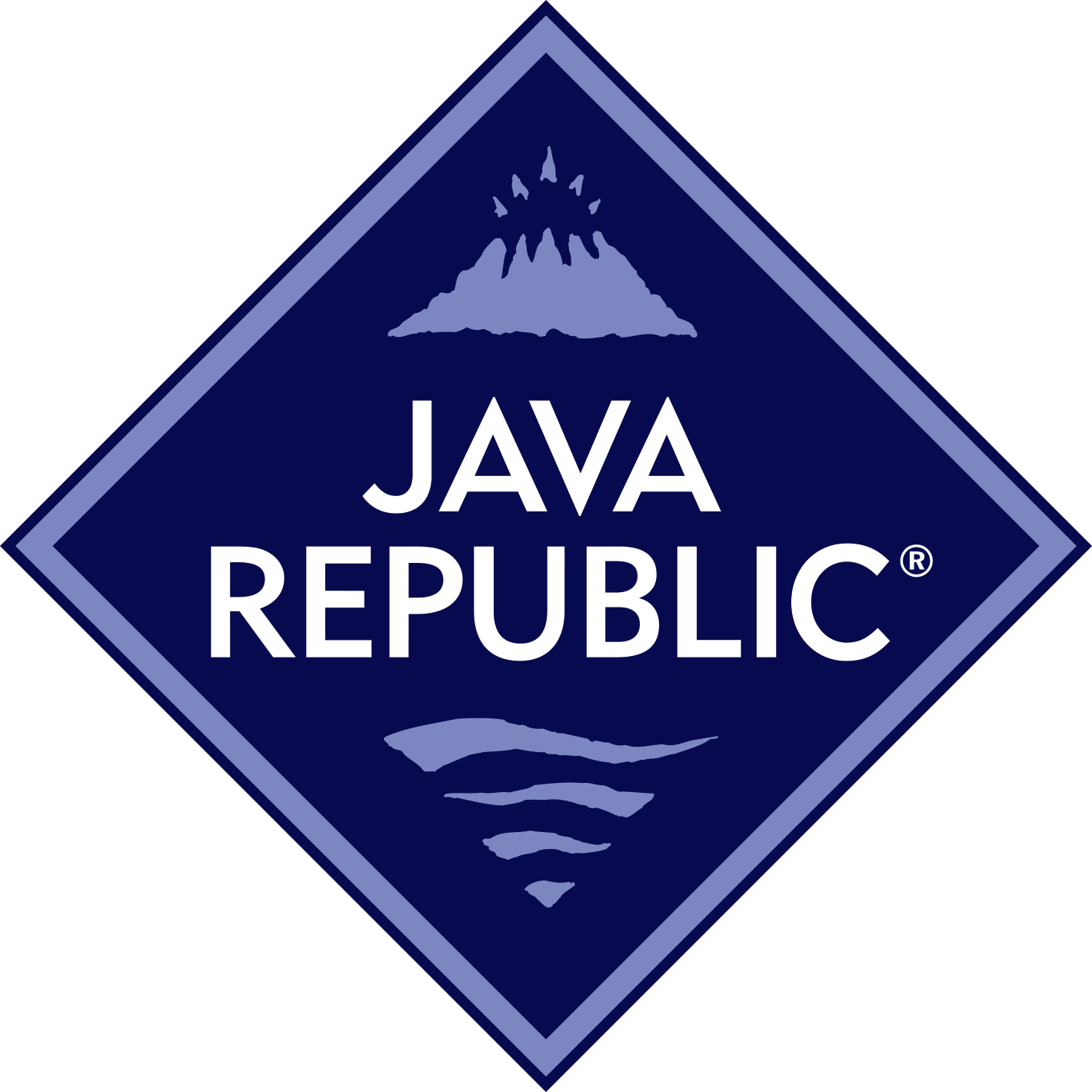
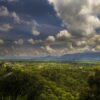

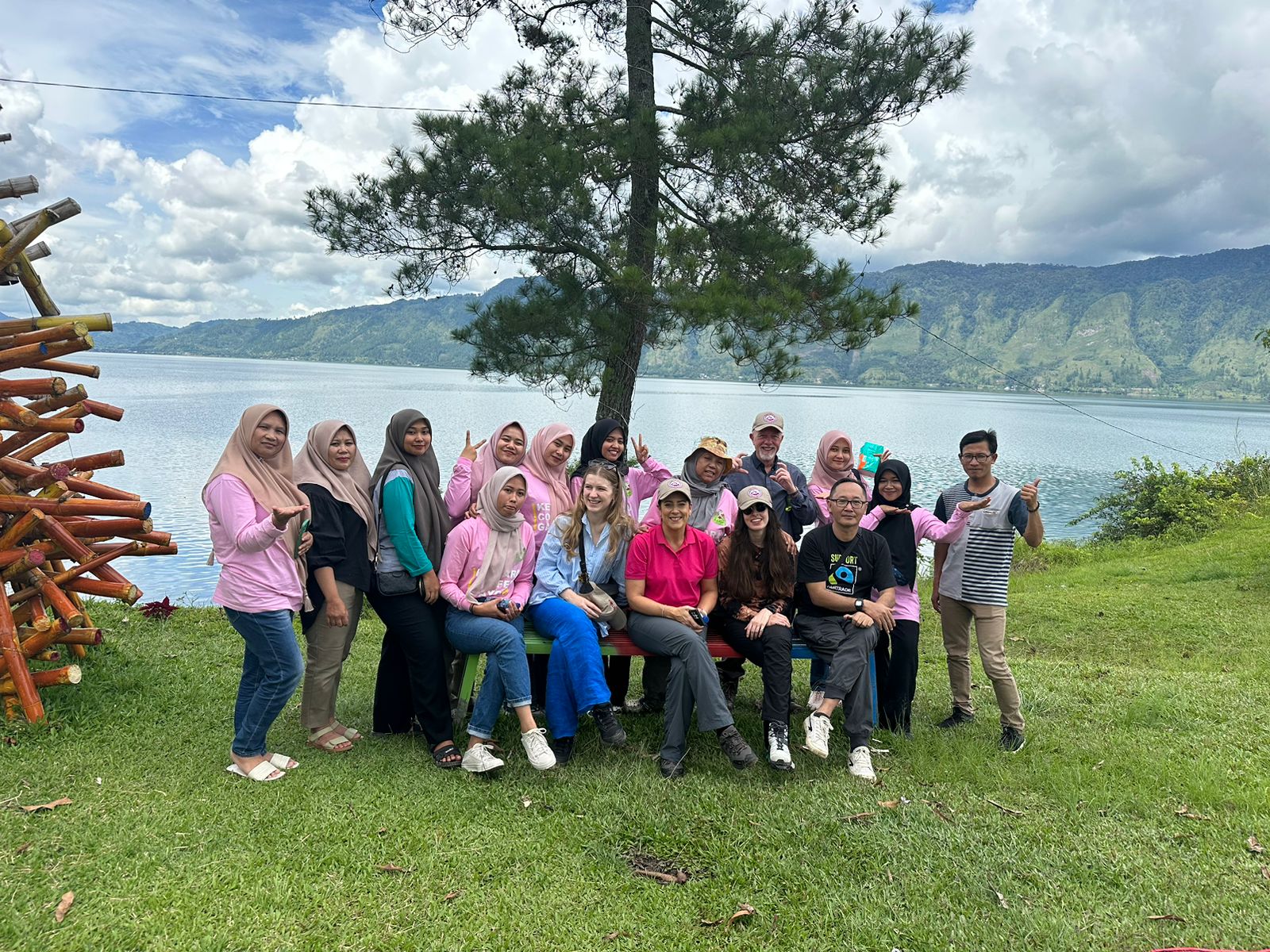
You must be logged in to post a comment.